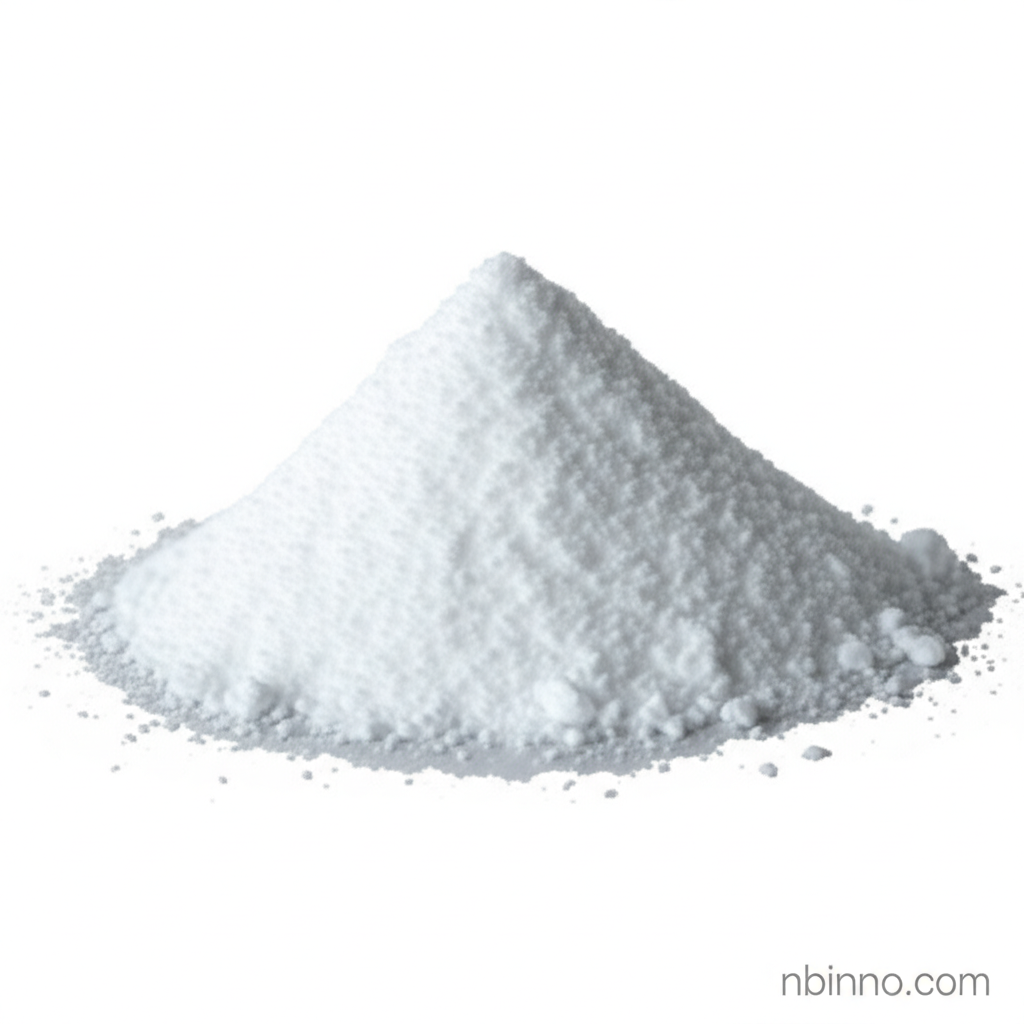N-Cyclohexyltaurine: A Comprehensive Guide to its Properties, Applications, and Benefits
Discover the essential role of N-Cyclohexyltaurine (CHES) as a high-performance biological buffer. Learn about its unique chemical properties, optimal pH range, and diverse applications in enzymology and protein stabilization. Explore why CHES is a preferred choice for critical research.
Get a Quote & SampleProduct Core Value

N-Cyclohexyltaurine
We are a trusted supplier of N-Cyclohexyltaurine, a crucial zwitterionic buffer widely recognized for its efficacy in biological research. Its distinct chemical structure provides exceptional buffering capacity within the pH range of 8.6 to 10.0, making it ideal for studies on pH-dependent processes in enzymology. As a reliable manufacturer in China, we ensure high purity and consistent quality for all our products.
- Explore N-Cyclohexyltaurine biological buffer capabilities for your critical assays.
- Understand the specific CHES buffer pH range requirements for optimal experimental outcomes.
- Learn about N-Cyclohexyltaurine properties and uses that enhance scientific discovery.
- Leverage zwitterionic buffer for enzymology applications to achieve reproducible results.
Advantages Offered
Exceptional pH Stability
Benefit from N-Cyclohexyltaurine's ability to maintain a stable pH between 8.6 and 10.0, which is crucial for precise enzymology research and understanding pH-dependent processes.
Enhanced Protein Stabilization
Utilize the protein stabilization properties of CHES buffer, which ensures the integrity and function of sensitive biomolecules without interacting with metal ions.
Broad Research Applicability
The versatile nature of this zwitterionic buffer for enzymology makes it suitable for a wide array of biochemical and molecular biology applications, supporting diverse scientific investigations.
Key Applications
Enzyme Research
Investigate pH-dependent processes in enzymology with the reliable buffering capacity of N-Cyclohexyltaurine, a key component for accurate scientific discovery.
Protein Stabilization
Ensure the structural integrity of proteins during experiments with CHES buffer, known for its biocompatibility and minimal interaction with biomolecules.
Biological Assays
Maintain optimal conditions for various biological assays by employing the consistent pH control offered by N-Cyclohexyltaurine, a vital tool for researchers.
Scientific Investigations
Support diverse scientific investigations requiring stable pH environments, from molecular biology to diagnostics, by choosing N-Cyclohexyltaurine as your buffer solution.
